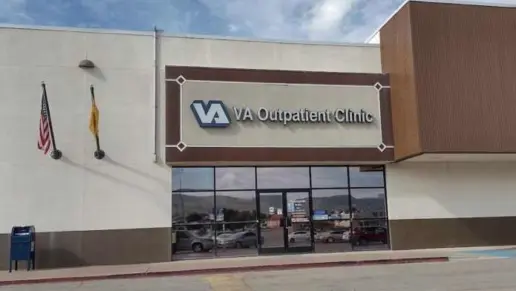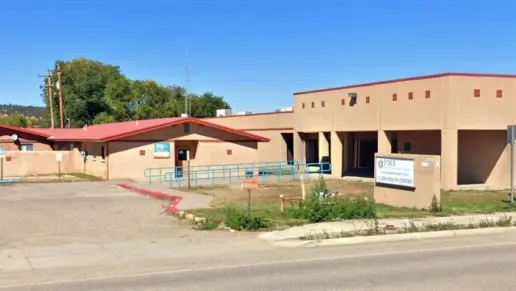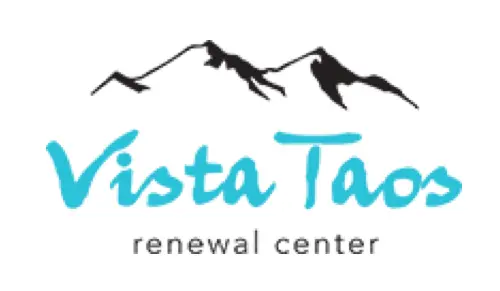About Bicycle Health Suboxone Clinic New Mexico
Bicycle Health - New Mexico is an online Medication Assisted Treatment Program. Bicycle Health - New Mexico specializes in the treatment of opioid addiction, and substance abuse.
Medication-Assisted Treatment (MAT) is the use of medications along with counseling and therapy to treat substance abuse. MAT is mainly used to treat opioid addictions (i.e. heroin and/or prescription drugs like OxyContin or Vicodin). Medications like buprenorphine are used in MAT to help normalize brain chemistry, block the effects of alcohol and/or opioids, relieve cravings, and stabilize body functions, making sobriety easier to maintain. All medications used are approved by the FDA, and every MAT program is tailored to the patient’s specific needs.
We are 100% online, so treatment is convenient and accessible from wherever you are, including the comfort of your own home. Our doctors prescribe Suboxone, which helps patients feel normal and healthy.
Bicycle Health exists to treat all patients with opioid use disorder. Many people who have been taking opioids can become dependent on these substances, and opioids can start to take control of their life. They have cravings, think about opioids all the time, and are unable to fulfill their daily responsibilities, like going to work or taking care of friends and family. It becomes an “all consuming disease”.
We are committed to helping patients lead fulfilling and opioid-free lives, and we’ve already helped thousands of patients take their lives back from addiction. The Bicycle Health medical team believes that everyone deserves access to confidential, individualized, and non-judgmental care for opioid dependence.
Gallery
Accepted Insurance
Other Forms of Payment
Private insurance refers to any kind of healthcare coverage that isn't from the state or federal government. This includes individual and family plans offered by an employer or purchased from the Insurance Marketplace. Every plan will have different requirements and out of pocket costs so be sure to get the full details before you start treatment.
Self-pay involves paying for treatment out of your own pocket. You can use savings or credit, get a personal loan, or receive help from family and friends to fund your treatment. If you don't have insurance or your insurance plan doesn't cover a specific program, self-pay can help ensure you still get the care you need.
Financial aid can take many forms. Centers may have grants or scholarships available to clients who meet eligibility requirements. Programs that receive SAMHSA grants may have financial aid available for those who need treatment as well. Grants and scholarships can help you pai for treatment without having to repay.
Medicare is a federal program that provides health insurance for those 65 and older. It also serves people under 65 with chronic and disabling health challenges. To use Medicare for addiction treatment you need to find a program that accepts Medicare and is in network with your plan. Out of pocket costs and preauthorization requirements vary, so always check with your provider.
Military members, veterans, and eligible dependents have access to specific insurance programs that help them get the care they need. TRICARE and VA insurance can help you access low cost or no cost addiction and mental health treatment. Programs that accept military insurance often have targeted treatment focused on the unique challenges military members, veterans, and their families face.
Medicaid is a state based program that helps lower-income individuals and families pay for healthcare. Medicaid covers addiction treatment so those enrolled can use their coverage to pay for rehab. When a program accepts Medicaid the client often pays very little or nothing out of their own pocket.
Addiction Treatments
Levels of Care
Treatments
Opioid rehabs specialize in supporting those recovering from opioid addiction. They treat those suffering from addiction to illegal opioids like heroin, as well as prescription drugs like oxycodone. These centers typically combine both physical as well as mental and emotional support to help stop addiction. Physical support often includes medical detox and subsequent medical support (including medication), and mental support includes in-depth therapy to address the underlying causes of addiction.
Substance rehabs focus on helping individuals recover from substance abuse, including alcohol and drug addiction (both illegal and prescription drugs). They often include the opportunity to engage in both individual as well as group therapy.
Programs




Clinical Services
When you participate in cognitive behavioral therapy in New Mexico you can expect to follow a structured four step process. This involves identifying life challenges, identifying inaccurate thinking about those challenges, changing those thought patterns to healthy ones, and changing the resulting behaviors.
Weekly dialectical behavior therapy (DBT) sessions involve one on one meetings with your therapist. Each session lasts about an hour. You'll work on identifying and accepting your emotions while also learning how to manage them. Additionally, weekly 90 minute group DBT sessions give you the opportunity to develop and practice coping skills.
Group therapy sessions in New Mexico are structured and led by professional therapists with experience in leading groups. This ensures that the group discussions are focused and productive and that therapeutic goals are consistently addressed during each session.
In individual therapy, a patient meets one-on-one with a trained psychologist or counselor. Therapy is a pivotal part of effective substance abuse treatment, as it often covers root causes of addiction, including challenges faced by the patient in their social, family, and work/school life.
Motivational interviewing can help you resolve indecisive feelings and develop the confidence to make changes. It is a short term counseling method that offers empathy and practical support and is often used as part of drug and alcohol rehab in New Mexico.
The focus of trauma therapy is on healing the emotional wounds that happen after a traumatic experience. You may have witnessed the event or experienced it yourself. Your therapist will guide you through confronting those memories, which helps promote emotional regulation, resilience, and mental well being.
If you attend couples therapy in New Mexico, you can expect to work with the therapist and each other to identify emotions, explore your history, and learn new skills to help you better meet relationship challenges. These skills may include problem solving, conflict resolution, and anger management.
Therapists in New Mexico focus on creating a supportive network in family therapy sessions. This helps to support their loved one's recovery journey. By identifying dysfunctional patterns, your therapist can help you develop healthier ways of interacting with each other that significantly improve the overall treatment outcome.
Substance use disorders disrupt thinking and behavior patterns, which interferes with critical life skills. Drug rehab programs in New Mexico include life skills training to allow you to rebuild those skills. You'll relearn how to think, behave, and interact with others in healthy ways so you can successfully navigate daily life.
Drug rehab in New Mexico may include a focus on nutrition therapy. This treatment involves input from your healthcare providers and a nutritionist. They will help you develop a dietary plan that supports your recovery process.
Often, cravings and withdrawal symptoms stop people from giving up tobacco. Nicotine replacement therapy in New Mexico helps with these symptoms, so the process is more comfortable. To quit smoking, you may want to consider these therapies, which include medications, inhalers, sprays, patches, and gum.
Amenities
-
Residential Setting
-
Private Rooms
Accreditations

The Substance Abuse and Mental Health Services Administration (SAMHSA) is a branch of the U.S. Department of Health and Human Services. Established in 1992 by congress, SAMHSA's mission is to reduce the impact of substance abuse and mental illness on American's communities.
SAMHSA Listed: Yes

LegitScript has reviewed Bicycle Health Suboxone Clinic New Mexico as part of their certification program, and has determined that it meets the LegitScript standards for legality, safety and transparency.
LegitScript verified in
Contact Information
150 Washington Avenue
Suite 201, Office 222
Santa Fe, NM 87501





